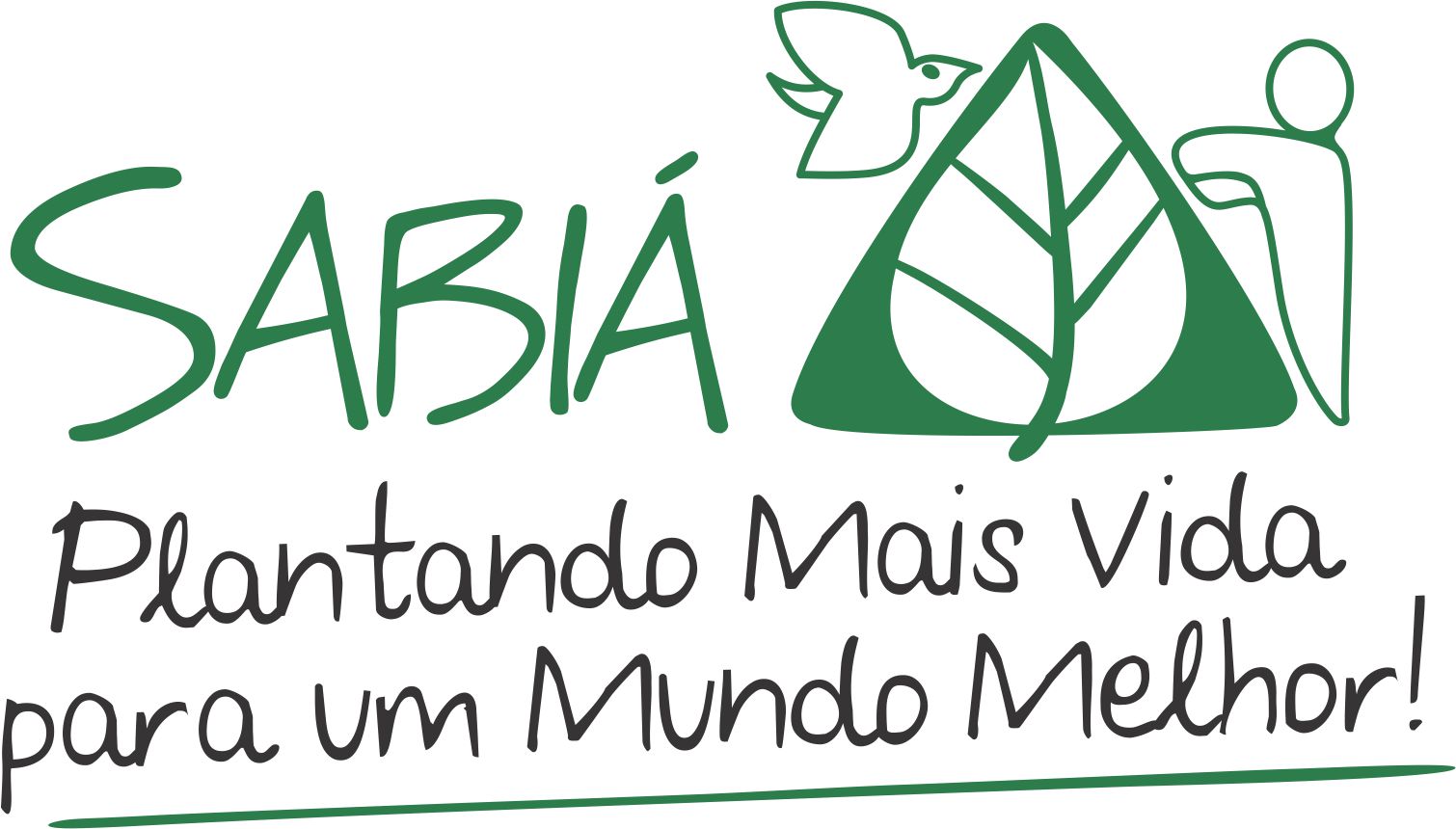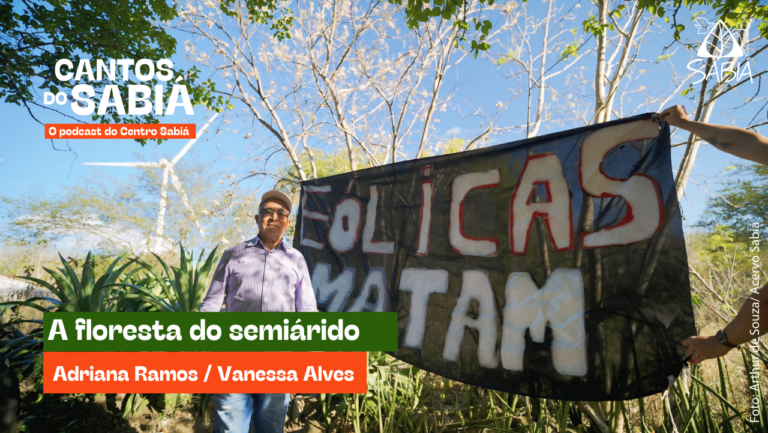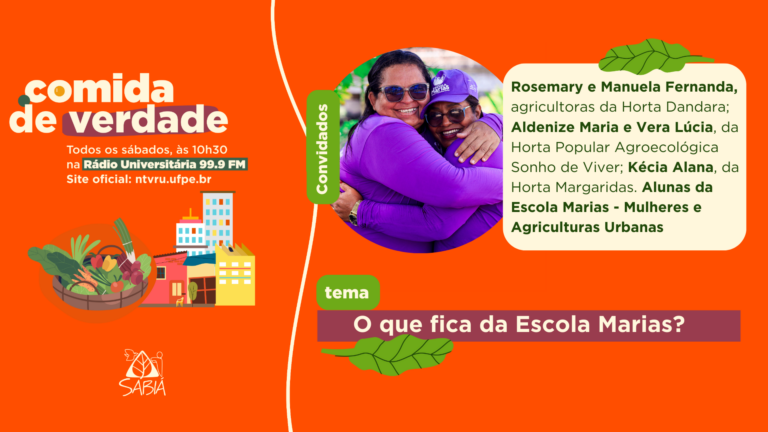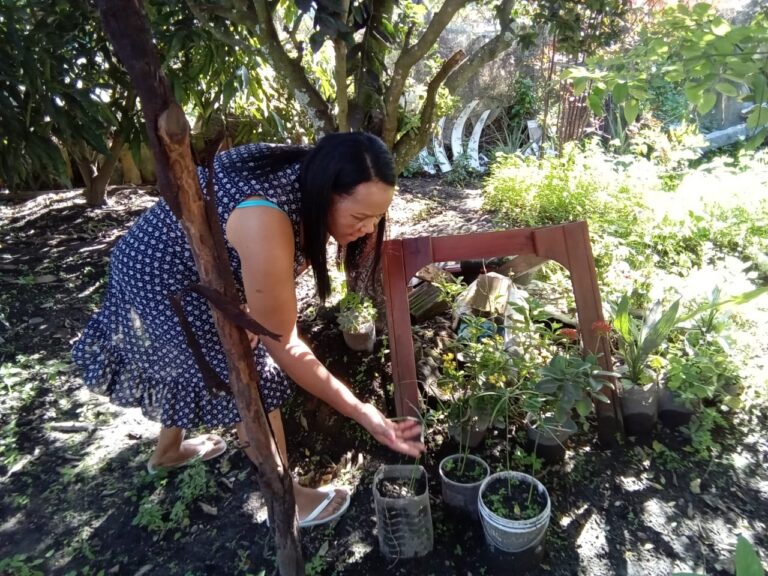ASA and its organizations celebrate the return of the Cistern Programs in partnership with the Federal Government
Antonio Gomes Barbosa
Sociologist, coordinator of the Uma Terra e Duas Águas Program, Semiárido Seeds Program, and the DAKI-Semiárido Vivo project of Articulação Semiárido.
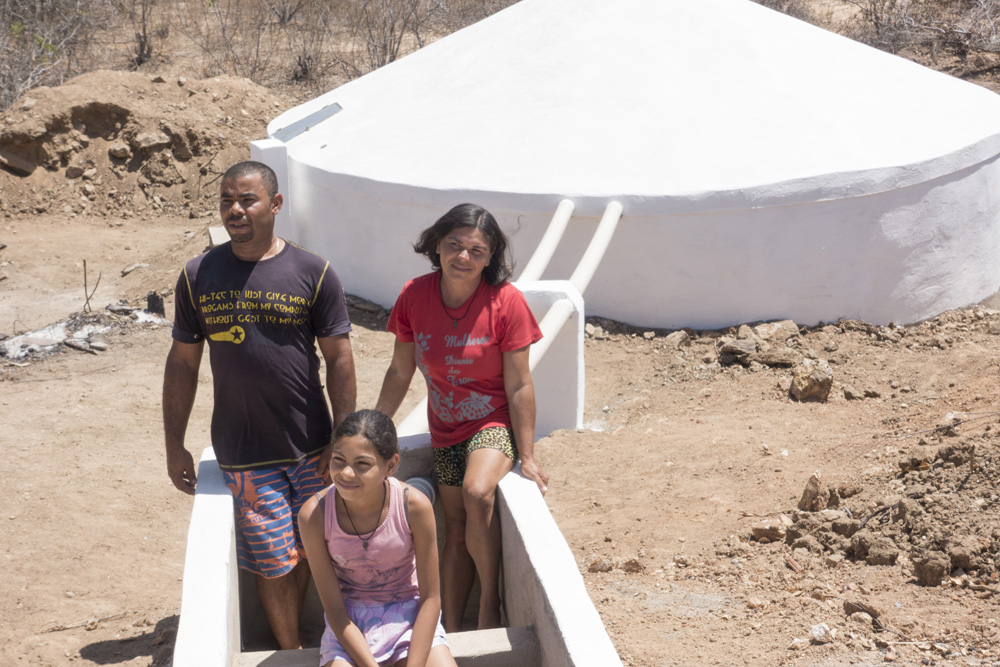
Built on the many experiences of struggle and resistance by the people of the semi-arid region, the Cisterns Program accessed public funds for the first time at the end of the Fernando Henrique administration and became public policy in 2003, the first year of the Lula administration. Despite being internationally recognized as an experience to be followed, the program was completely abandoned by the last government, but now it’s back with a bang, with the prospect of reaching all the families in the Semi-Arid.
The Cisterns Program guarantees drinking and cooking water to more than 6 million people throughout the semi-arid region, water that comes from capturing and managing rainwater. This action includes the One Million Cisterns Program (P1MC), run by the Brazilian Semi-Arid Articulation (ASA), and other initiatives coordinated by the federal government with states and municipalities, such as the Cisterns in Schools Program, in which 7,000 schools received cisterns.
More than 207,000 families can also produce food in an agro-ecological way, thanks to access to social technologies such as production cisterns, sidewalk and overflow cisterns, underground dams, trench mud pits, stone tanks, people’s water pump (BAP) and others.
The Cistern Program is made up of a broad process of training, systematization of experiences, monitoring, evaluation and a multitude of living social processes, which are also present in the P1MC and Cisterna nas Escolas. As of this year, it will once again be part of the PAC (Growth Acceleration Program), as part of the Água Para Todos (Water for All) Program, with investments of up to R$2 billion. There will be 250,000 new families with access to drinking water, and up to 100,000 with access to water for production.
In addition to the support of the Ministry of Development and Social Assistance, Family and Fight against Hunger (MDS), the program will have partnerships with the National Bank for Economic and Social Development (BNDES), Petrobras, the Banco do Brasil Foundation (FBB), the International Fund for Agricultural Development (IFAD) and the Green Climate Fund (Paris Agreement).
The ASA, through the One Million Cisterns Program Association (AP1MC), began contracting 131 organizations to bring water to more than 50,000 families with 16,000-liter cisterns and Cisterns in Schools. In addition, 5,473 families will have access to the One Land and Two Waters Program (P1+2), which will provide them with a Productive Incentive of R$4,600.00 on the Bolsa Família card.
All these figures are the result of struggles, resistance and the journey to build coexistence with the Semiarid, because it is in the Semiarid that life pulses, it is in the Semiarid that the people resist!
Nothing found.

